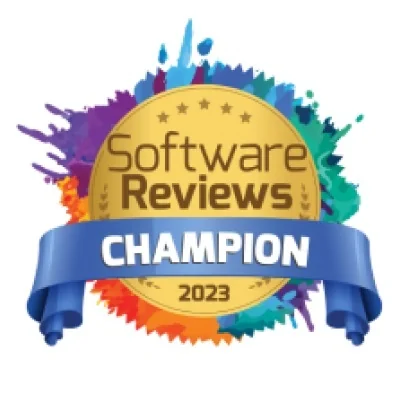Would you buy a car without knowing its mileage, how many previous owners it had or a history of any work it had done? Would you adopt a pet without knowing if it had any health or behavioral issues? Would you invest in a stock without having a very good understanding of its history and projected path? Probably not, right?
This is because all of this data helps us gauge the value of the item we’re considering acquiring or using. The more data we have about each item, the easier it should be for us to decide whether or not we want to purchase, adopt or invest in.
Data lineage helps us make decisions
What if you only knew part of the story? What if you knew about the car’s first and third owners (how much mileage was put on the vehicle under their ownership, which repairs were made during this time and whether there were any accidents), but were missing information about the car under its third owner? Your decision to purchase the car would become much more difficult because you’d be lacking some very important data.
Had you had a clear picture of the car’s entire history – data lineage if you will, you would have been able to make a quick decision to buy or not to buy because you’d have known about any outstanding issues making the car a less than ideal purchase.
Data lineage helps us solve problems
Alternatively, while unlikely that this would happen, let’s say you ended up purchasing the vehicle without doing a background check. Several weeks after purchase the car dies and you take it to the shop. The mechanic tells you that a faulty valve was used to replace a defective one at some point, which has now led to a slew of other problems under the hood. You have no records of work that had been done, and have no way of going back to ask the previous owners about where the work had been done or why. Having full data lineage on the car would have enabled you to firstly, avoid getting into this situation and secondly, to know the best way to solve it.
Ah Hah! The data comes from here!
Just like when you’re gearing up to make a big personal decision, data and data lineage are critical also in the workplace for companies of any size who need to be able to leverage the information they possess.
Many Business Intelligence (BI) groups spend a lot of time manually searching for data they need in order to report accurately on the business. No one wants inaccuracies in their business reporting, but with so many different BI systems in place that don’t necessary speak the same language, inaccuracies are very common. They often end up having to waste unnecessary resources to trace the entire data journey, as opposed to using an automation tool to do it for them.
Sometimes data is hidden so deeply that it becomes impossible to find. Octopai has been able to find data that could not be found before, and has managed to help organizations to use the right data every time.
Find your data – double your capacity, comply with GDPR
Having access to full data lineage and therefore being able to find your data quickly and easily can completely transform your life as a data professional. Wouldn’t you agree if you could suddenly locate the data you require in 5 seconds instead of 5 days? Entire BI teams are becoming much more efficient as they begin to work with Octopai to double their capacity.
With GDPR around the corner, organizations must have a data lineage tool in order to make sure they’re able to locate all the data they require, quickly and accurately. The value to the BI team of having such an automation tool to view and interact with complete data lineage is priceless.







